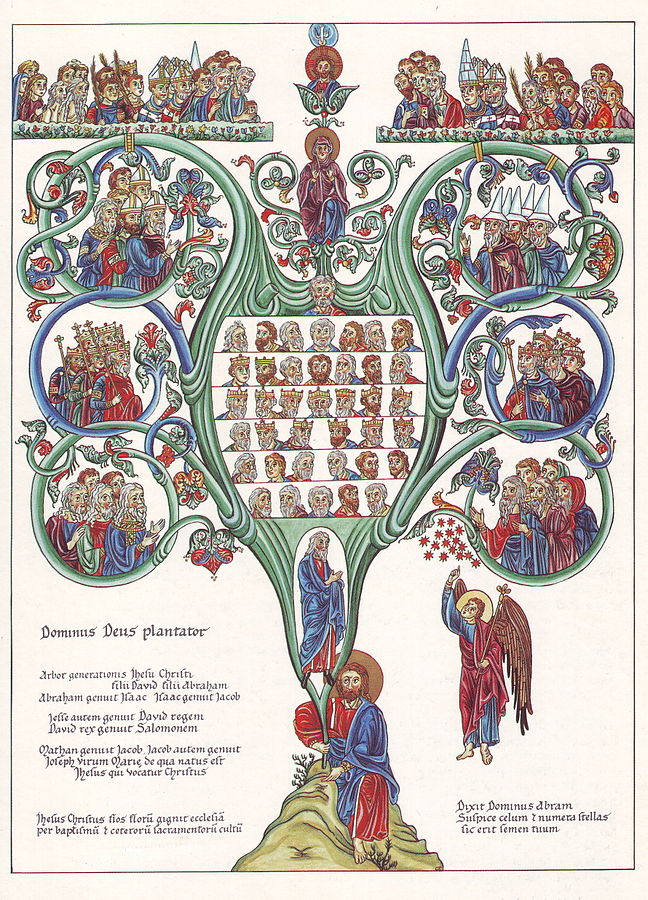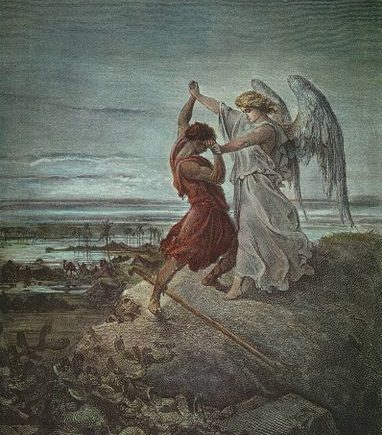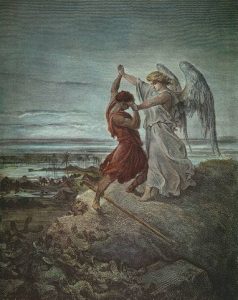by Lois Tverberg
The scepter will not depart from Judah, nor the ruler’s staff from between his feet, until he comes to whom it belongs and the obedience of the nations is his.
– Genesis 49:10
I used to struggle with why we have the stories we do in Genesis – about the sons of Jacob destroying the city of Shechem, or Reuben sleeping with his father’s servant girl. My expectation was that the Bible was a book of simple moral stories to teach me how to live.

Actually, the Bible has a completely different purpose. It is actually an epic tale about God choosing a family to become his holy nation, through whom he would send one to redeem the whole world. The goal of the stories is to trace God’s blessing throughout the generations, and understand who is chosen to carry it on to the next generation. Of Abraham’s sons, Isaac received it rather than Ishmael. Of Isaac’s sons, Jacob received it rather than Esau. It was God’s choice each time, and it was usually the less likely person that he chose.
Many stories are told about the twelve sons of Jacob, because each would become head of one of the twelve tribes of Israel. Interestingly, once again God made an unlikely choice. The very firstborn of the family was Reuben, but he was disqualified because he dishonored his father by sleeping with Bilhah (Gen 35:22, Gen. 49:3). Simeon and Levi are next in line, but they were both disqualified because they destroyed the city of Shechem (Gen. 34:25, Gen. 49:5-7). That is probably why that ugly story is included.
Jacob had his own idea of who should be heir, and he chose Joseph, the first born son of the wife that he loved. That was the source of jealousy and conflict in the family. It was why Jacob gave Joseph the special coat, and why Joseph’s dreams that his family would bow down to him made his brothers so furious. When Jacob was old he gave Joseph the inheritance of the first-born – a double portion of the estate. He did this by adopting Joseph’s two sons, Ephraim and Manassah as sons of his own, so that they would become two of the tribes of Israel.
Looking ahead into the future, it’s interesting to see which tribe God ultimately chose to carry on the greatest blessing. He used Joseph to save his family, so he blessed him in one sense. But actually, the ultimate blessing went to Judah, the fourth-born son of Leah, the unloved wife, who became the instrument of God’s redemptive plan. He was the one who would ultimately give rise to Christ. Jacob proclaimed it in an obviously messianic passage, “The scepter will not depart from Judah, nor the ruler’s staff from between his feet, until he comes to whom it belongs, and the obedience of the nations is his.” (Genesis 49:10) This was fulfilled when Jesus, the Lion of the tribe of Judah, arrived on earth!
Photo: Herrad von Landsberg



